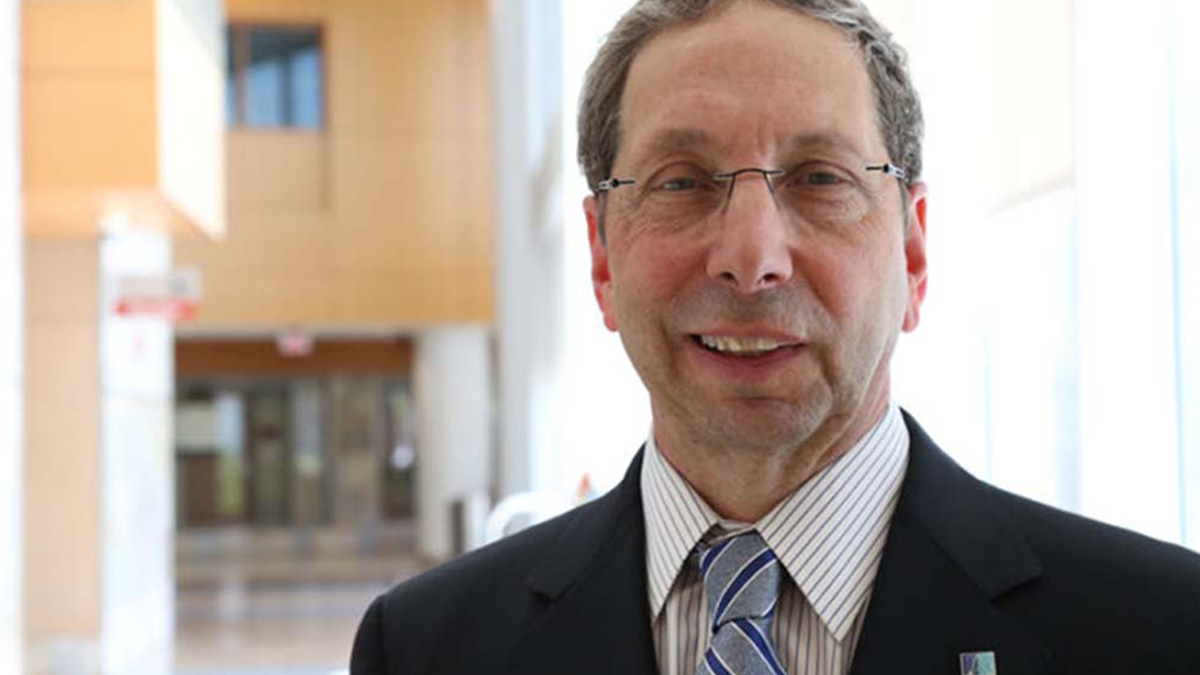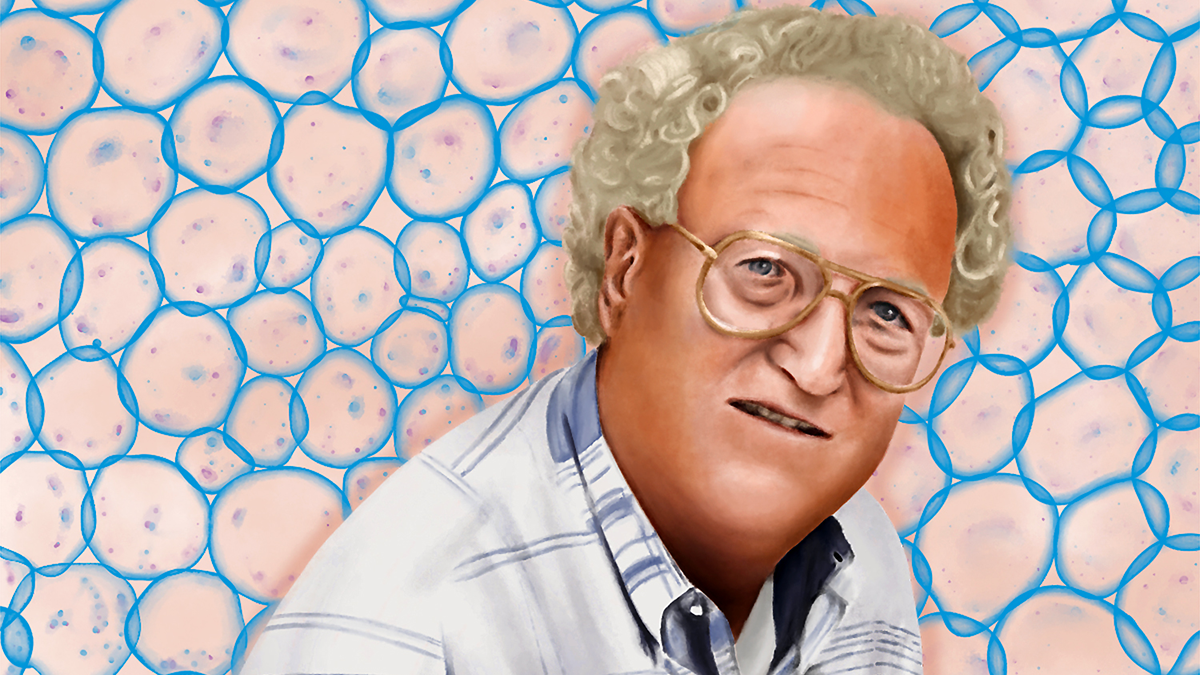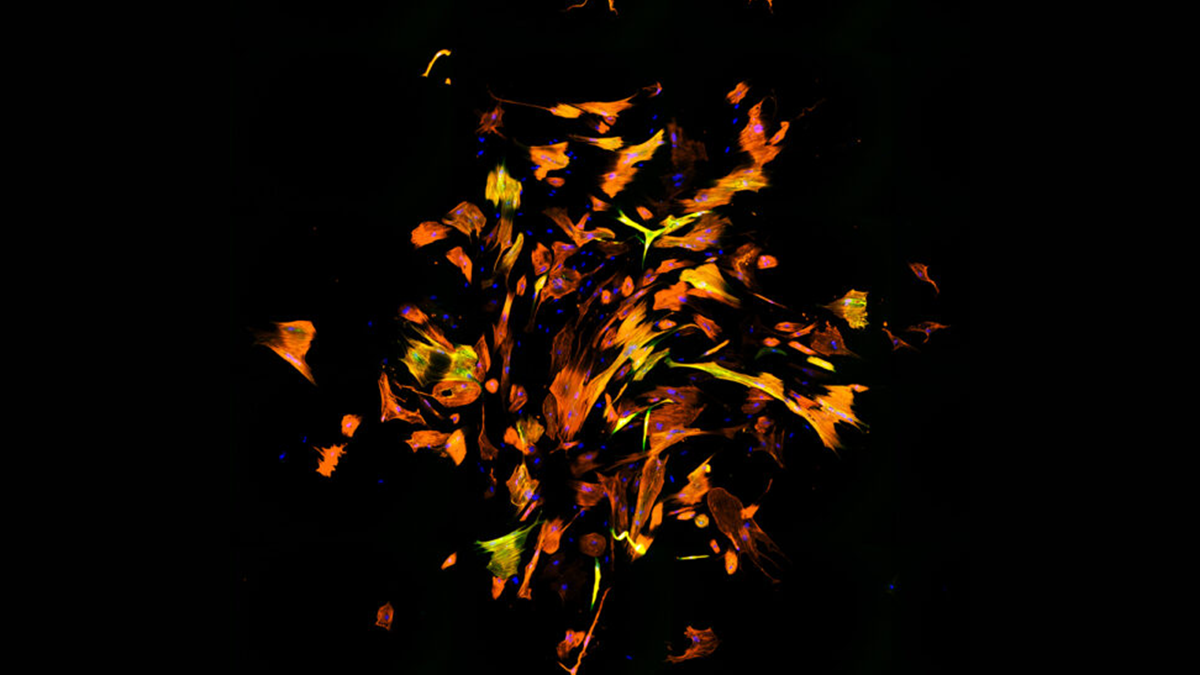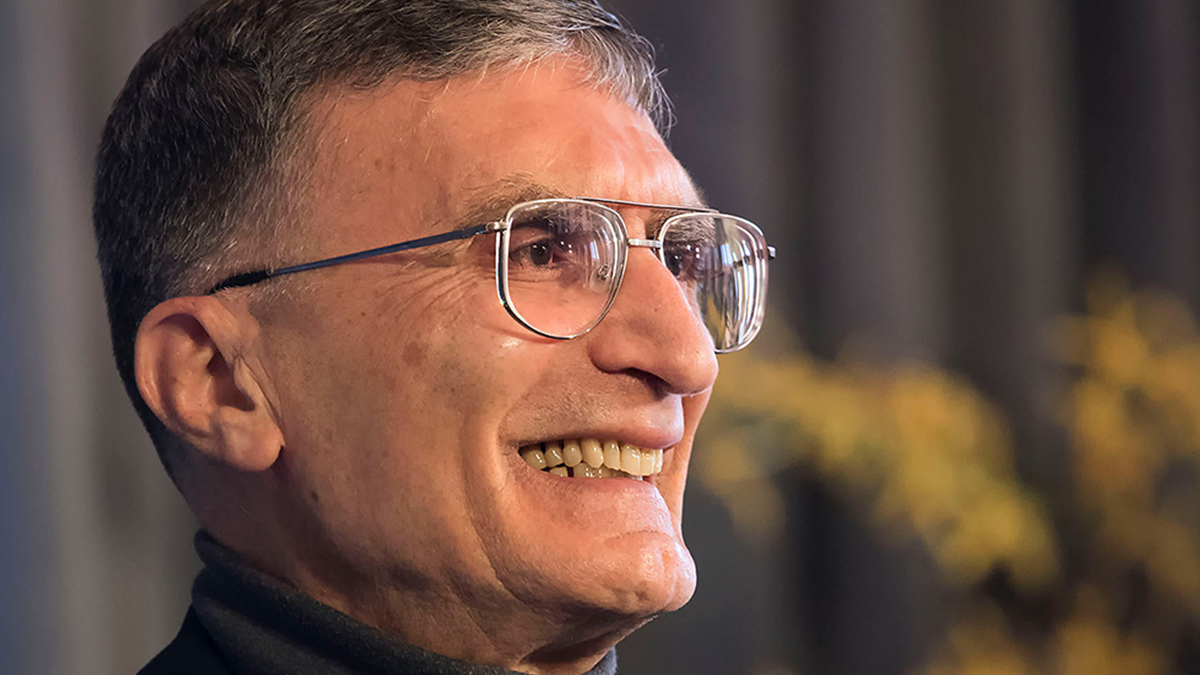Hope for Hemophilia
Published on August 2, 2022UNC’s legacy of hemophilia treatment continues with new gene therapy

UNC’s legacy of hemophilia treatment continues with new gene therapy
Hemophilia is a genetic blood-clotting disorder that affects 400,000 people worldwide. It often leads to spontaneous bleeds in soft tissue, like muscles or joints. If a bleed is bad enough, a joint might swell to the size of a watermelon.
Brent Harrison has spent most of his life infusing himself intravenously with a clotting factor three times a week. In 2018, he began participating in a clinical trial at UNC-Chapel Hill for a gene therapy treatment from pharmaceutical company BioMarin.
Harrison received one four-hour infusion of the medication — and hasn’t had a bleed or any infusions since. That was nearly four years ago.
Harrison is one of 134 people from across the globe who participated in the BioMarin clinical trial — the largest-ever Phase 3 gene therapy study for adults with severe hemophilia A. If the company receives FDA approval for the treatment, it will be the first hemophilia gene therapy to ever be licensed.
“Gene therapy has had a huge effect on these patients,” says Nigel Key, Harold R. Roberts Distinguished Professor in the Department of Medicine, leader of the BioMarin clinical trial at UNC and director of the UNC Blood Research Center. “It’s changing people’s lives.”
Before the 1960s, the average lifespan of a person with hemophilia was 11 years. Today, that number has increased to 68. This is partly due to the work of UNC researchers who have dedicated their lives to the disorder, unpacking how it occurs, developing treatments and creating drug-delivery systems that could lead to a potential cure.
Learn more about UNC’s history of hemophilia research…Opens in new window





